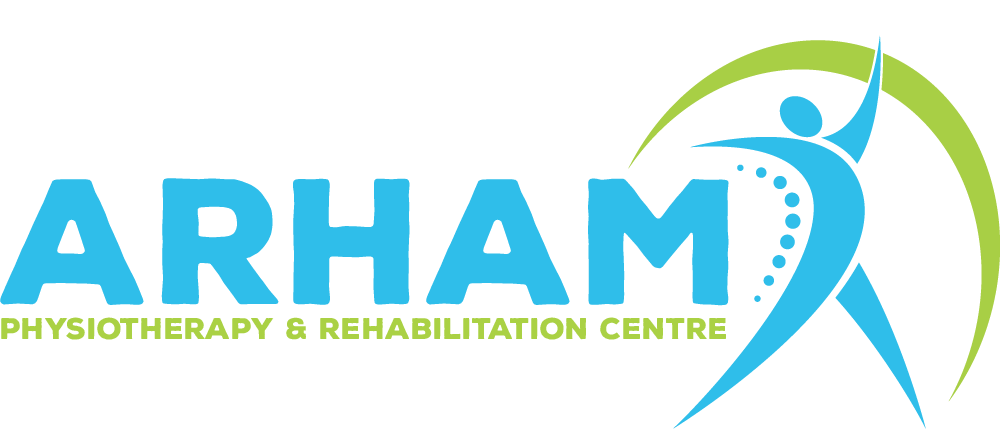Physiotherapy Exercises for Weight Management: Pregnancy-Friendly Workouts
Pregnancy is a beautiful journey that significantly changes a woman’s body. While weight gain is a natural part of this process, maintaining a healthy lifestyle is crucial for the well-being of both mom and baby.
Physiotherapy offers a safe and effective way to manage weight during pregnancy through carefully curated exercises. In this blog, we’ll explore pregnancy-friendly physiotherapy exercises that support weight management and contribute to overall fitness and well-being.
Physiotherapy Exercises for Weight Management: Pregnancy-Friendly Workouts
Prenatal Cardiovascular Exercises:
Staying active during pregnancy is vital, and cardiovascular exercises are a fantastic way to boost heart health and manage weight. Low-impact activities such as brisk walking, stationary cycling, and swimming are gentle on the joints and promote circulation. A physiotherapist can design a personalized cardiovascular routine that aligns with your fitness level and trimester.
Pelvic floor exercises:
Pelvic floor muscles are crucial in supporting the added weight during pregnancy and childbirth. Strengthening these muscles not only aids in weight management but also helps prevent issues like incontinence. Kegel exercises, under the guidance of a physiotherapist, can be tailored to your specific needs.
Modified Strength Training:
Safe strength training during pregnancy is possible with modified exercises. Light resistance and bodyweight exercises can help tone muscles, improve metabolism, and support weight management. Squats, leg lifts, and seated leg presses can be adapted to accommodate a growing belly.
Yoga for balance and flexibility:
Pregnancy-friendly yoga, under the supervision of a qualified physiotherapist, promotes balance, flexibility, and mental well-being. Modified poses and gentle stretches can be incorporated to enhance muscle tone, relieve tension, and contribute to weight management.
Breathing and Relaxation Techniques:
Stress management is integral to weight management. Physiotherapists often incorporate breathing and relaxation techniques into their programs. These practices reduce stress and improve oxygenation, fostering a healthier environment for both mother and baby.
Aquatic Therapy:
Water provides buoyancy, making aquatic therapy a low-impact option for weight management during pregnancy. Water exercises help alleviate joint stress, improve circulation, and refresh the workout experience. A physiotherapist can create a customized aquatic exercise plan tailored to individual needs.
FAQS:
Que: Is it safe to engage in physiotherapy exercises for weight management during pregnancy?
Ans: When done under the guidance of a qualified physiotherapist and with approval from your healthcare provider, physiotherapy exercises can be safe and beneficial for weight management during pregnancy.
Que: Can I continue my regular exercise routine during pregnancy for weight management?
Ans: It’s recommended to modify your exercise routine during pregnancy. Physiotherapists can tailor exercises to accommodate your changing body and ensure they are safe and effective for weight management.
Que: Are pelvic floor exercises safe during pregnancy?
Ans: Yes, pelvic floor exercises, such as kegels, can be safe and beneficial during pregnancy. A physiotherapist can provide guidance on proper techniques and modifications based on your individual needs.
Que: How can physiotherapy help with stress management during pregnancy?
Ans: Physiotherapy incorporates breathing and relaxation techniques to help manage stress during pregnancy. These practices contribute to a healthier overall environment for both mother and baby.
Que: Are there specific exercises to target weight management in certain areas, like the legs or arms, during pregnancy?
Ans: Yes, physiotherapists can design modified strength training exercises that target specific areas while considering the changes in your body during pregnancy. These exercises are tailored to be safe and effective.
Que: Can I start aquatic therapy for weight management during any trimester?
Ans: Aquatic therapy is generally considered safe during pregnancy. However, consulting with a physiotherapist who can customize a plan based on your trimester and individual health status is essential.
Que: Will physiotherapy exercises interfere with my prenatal yoga practice?
Ans: Physiotherapy exercises can complement prenatal yoga. A physiotherapist can collaborate with your yoga instructor to create a well-rounded program that addresses both weight management and the unique needs of pregnancy.
Que: Can physiotherapy help with weight management postpartum?
Ans: Absolutely. Physiotherapists can design postpartum exercise programs to support weight management, considering factors such as recovery from childbirth and breastfeeding. These exercises focus on rebuilding strength and improving overall fitness.
Que: How soon after childbirth can I start physiotherapy exercises for weight management?
Ans: The timing varies for each individual. Physiotherapists assess your postpartum recovery and guide you when it’s appropriate to start exercises for weight management.
Que: Are these exercises suitable for women with gestational diabetes?
Ans: Physiotherapy exercises can be adapted for women with gestational diabetes. Physiotherapists work closely with healthcare providers to create safe and effective exercise plans that support overall health, including blood sugar management.
Conclusion:
Maintaining a healthy weight during pregnancy is about embracing a holistic approach that considers the unique needs of both the mother and the growing baby. Physiotherapy exercises offer a safe and effective way to manage weight while addressing the physical changes associated with pregnancy. Always consult with a healthcare professional, including a physiotherapist, before starting any exercise program during pregnancy to ensure it aligns with your health and pregnancy status. Embrace the journey, stay active and nurture your well-being as you prepare for the beautiful arrival of your little one.
